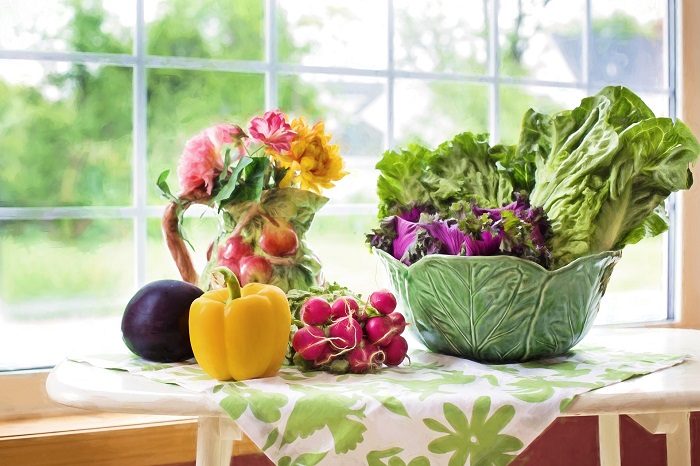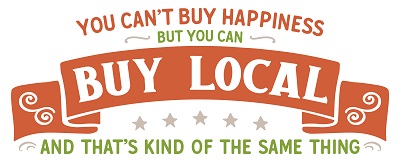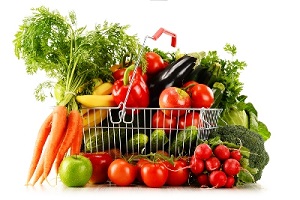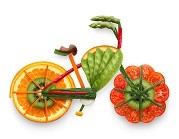Everyone knows that clean eating is good for you. That’s why this way of eating has surpassed other eating plans. However, if you’re not careful, the way that you choose your foods might actually end up being bad for the earth.
The path that foods take from nature to end up in your kitchen might be one that does more harm than good to the area where the food comes from. While it’s certainly something to applaud if you are eating clean, you want to make sure that it’s the green way of eating.
You want to protect the earth, not diminish it or cause hardship for other people. The area where your food is grown can be one that’s causing a struggle somewhere else. As a responsible consumer, you want to make sure that your clean eating plan isn’t causing damage to the earth.
Some foods that are popular in clean eating come from areas around the world where having enough water is a problem. In areas where there are droughts, some foods put an ecological drain on the limited water source.
Besides the strain on the water supply in some areas where foods used for clean eating are found, there can also be a hidden, darker side in the process of getting the items from the grower to the store shelves.
Some of the foods that people may unknowingly be purchasing can be traced back to areas where people are working for very little pay and in dangerous or inhuman circumstances.
Many people on a clean eating diet will purchase fresh greens that come pre-washed, pre-cut and bagged because it’s convenient. You’ll find a healthy, organic selection at most grocery stores.
While these greens are handy and great for your diet, it’s not so great for the environment. When natural foods are placed in bags for convenience sake, the plastic ends up in landfills because it’s not recycled.
The plastic can leak into the ground as it decomposes, which can take 10 centuries to completely decompose. Plus, the pre-washing of these greens contributes to the water waste.
There’s never anything good about wasting the earth’s natural resources. Sometimes the demand for certain foods on a clean eating diet drive up the cost in areas where the product is naturally grown.
This doesn’t mean that clean eating is something you should stop doing. It means that you should be aware of the origin of your food. If it comes from an area that’s already struggling with resources used to produce that food, then you should look for an alternative way to buy that item. You want to make sure that what you eat is as good for the earth as it is for you.




